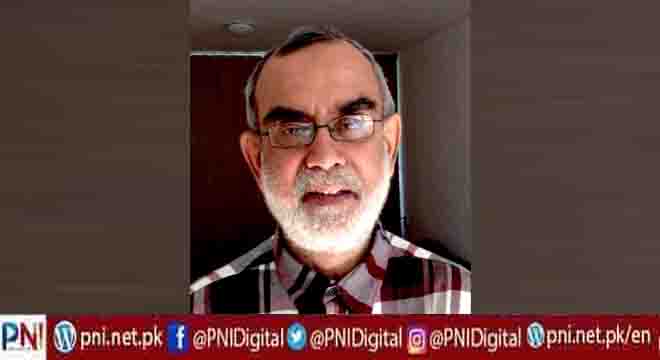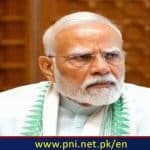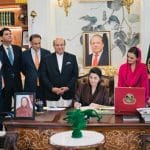Ruling elites in Pakistan have lost the moral legitimacy to lead in the public eye because of their extremely low performance. Consider. Pakistan has generously received foreign funding for economic and social development during the last 70 years but it has resulted in a dismal state of affairs. According to the 2021 Global Hunger Index Pakistan ranks 92nd in 116 countries. Sixty percent of our population is food insecure and 44 percent of children under 5 are chronically malnourished. Our elites retain political legitimacy to stay in power because they have left no decision-making power in the hands of low-income communities. Local government is the turf of community power. Under the 18th amendment, administrative and fiscal powers have been devolved to provincial governments, and no share is given to local governments. In the current political set up our establishment constitutes the national elite, political parties are functioning as provincial elites, and local government has been denied any power because nonelite sections can successfully contend for power at this level.
Local government elections are also delayed for long periods. In the absence of a functional and well financed local government, people meet their needs through the institutions they have created themselves. These institutions exist in the form of informal economy and civil society. People in these institutions don’t seek power. They contribute their time, knowledge, and money to serve the people. We have world-class institutions in the civil society. They need to take two more steps to consolidate their gains. One, they need to come together in the form of a coalition of partners working for human and social development and define their long term agenda and short term goals. Two, they need to invite the government to the negotiating table to seek a greater share of resources for their human and social development activities.
Before going further let me provide a perspective on state- civil society relationship in Pakistan. During the pre-British period, community based trusts provided fiancés for the provision of education in Punjab. There was universal literacy both among males and females during this period. Punjab at that time included a major part of present day Pakistan. British rulers systematically disenfranchised and destroyed this system and disempowered people’s institutions. At the same time they built a nation-state and Indian army was the linchpin of the state power. The Indian army was predominantly a Punjabi Muslim army. So the British expanded the civil and military administrative infrastructure at the cost of public service infrastructure. This structure did not exist in the rural hinterland and local Chiefs built and maintained local infrastructure in their areas by commanding unpaid labor. That is why there is a big hole in our official service delivery system. It cannot deliver. Although the formidable power of community trusts was broken by the British Raj welfare activities in the form of charities and individual and family philanthropy continued. These organizations focused on individual giving to provide relief to the poor, needy and destitute in their hour of need.
In 1982 a transition from charity to professional development work started. A new breed of organizations known as NGOs entered the scene. They were staffed by professional people, had technical and social know-how to engage with local communities, and were well financed through institutional grants. NGOs work in a nonpartisan and nonpolitical way and their work has inspired some political parties to create community service outfits also. There are watchdog and research-oriented NGOs harvesting and developing the local body of knowledge. All these NGOs need a role in defining and implementing the national development agenda. To do this they first need to gather at a single platform and then invite the government to the negotiating table. This work demands mutual trust, patience, cooperative spirit, and perseverance. It will bear fruit in the long run but the first step should be taken. Pakistan Centre for Philanthropy (PCP) provides accreditation to professionally managed NGOs. I wonder if they can take the first step to create a civil society round table. Our academic institutions focussing on action based research should also be part of this round table.
Follow the PNI Facebook page for the latest news and updates.









